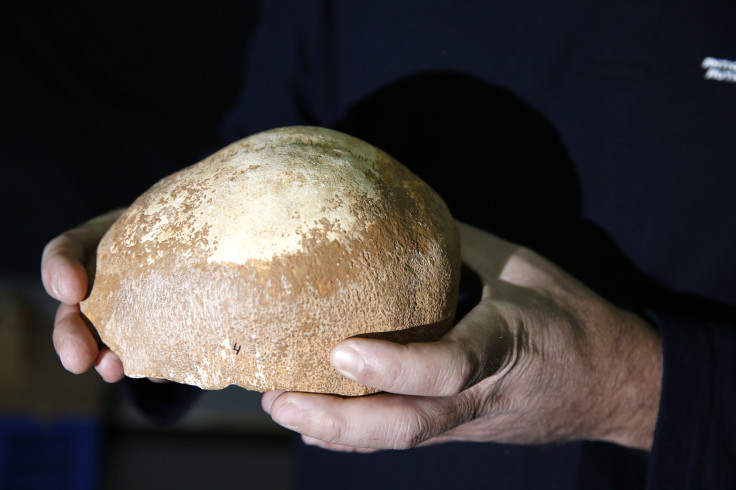Humans got naughty even with Neanderthals and Denisovans; sexual encounters affected offspring’s immunity and metabolism

When it comes to Homo sapiens’ sexual history, they were much more adventurous than previously realised. Humans’ sexual adventures have left an indelible mark on the human genome. Neanderthals were not as lucky as humans when it came to survival in the long run. However, it did not stop the two from having sex and making babies.
Scientists have found out that both Neanderthals and Denisovans spent time in bed with humans. These unions definitely had an effect on the immune systems and metabolisms of the babies born. Humans made more babies with archaic human-like species than initially thought.
The scientists analysed genetic information of more than 1,500 people from various parts of the world. Quite excitingly, the analysis revealed that some Europeans, Asians and even the Melanesians of Papua New Guinea had Denisovan and Neanderthal ancestry.
According to a new study published in Science journal, the discovery of Denisovan DNA in the people of Melanesia is quite a surprise as Pacific Islanders live many miles away from the Siberian region where Denisovans were believed to have existed.
Denisovans were genetically different from Neanderthals (the same way as modern humans were distinct from Neanderthals) but were related to each other. Denisovan fossil remains were discovered in 2008 in a cave in Siberia.
“It is still not exactly clear when and where Melanesian ancestors crossed paths with Denisovans, but our best guess is somewhere in mainland Southeast Asia,” said evolutionary geneticist Joshua Akey from University of Washington, who lead the study.
Low levels of Denisovan ancestry have been found in some South Asian populations. Thus, the study confirms the fact that our human ancestors did have sex with other hominins and made babies, once they left Africa more than 50,000 years ago, reports CNN.
Akey also explained how sexual encounters between humans and other hominins played an important role in imparting humans with biology that impacted our immunity, skin and hair. Our sexual contact with Neanderthals was more complicated than thought earlier.
“Many of these genes are involved in immunity and likely helped our ancestors fight new pathogens that they were exposed to as they dispersed into new environments,” said Akey.
Non-Africans from Melanesia, Asia and Europe, who were analysed by the scientists, showed traces of Neanderthal DNA with distinct blends of Neanderthal genes. This kind of proved that humans repeatedly bedded other hominins, explained Benjamin Vernot, a postdoctoral student in genomic sciences at the University of Washington.
The study has given scientists new clues about the DNA that probably influenced traits in modern humans.





















